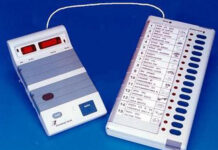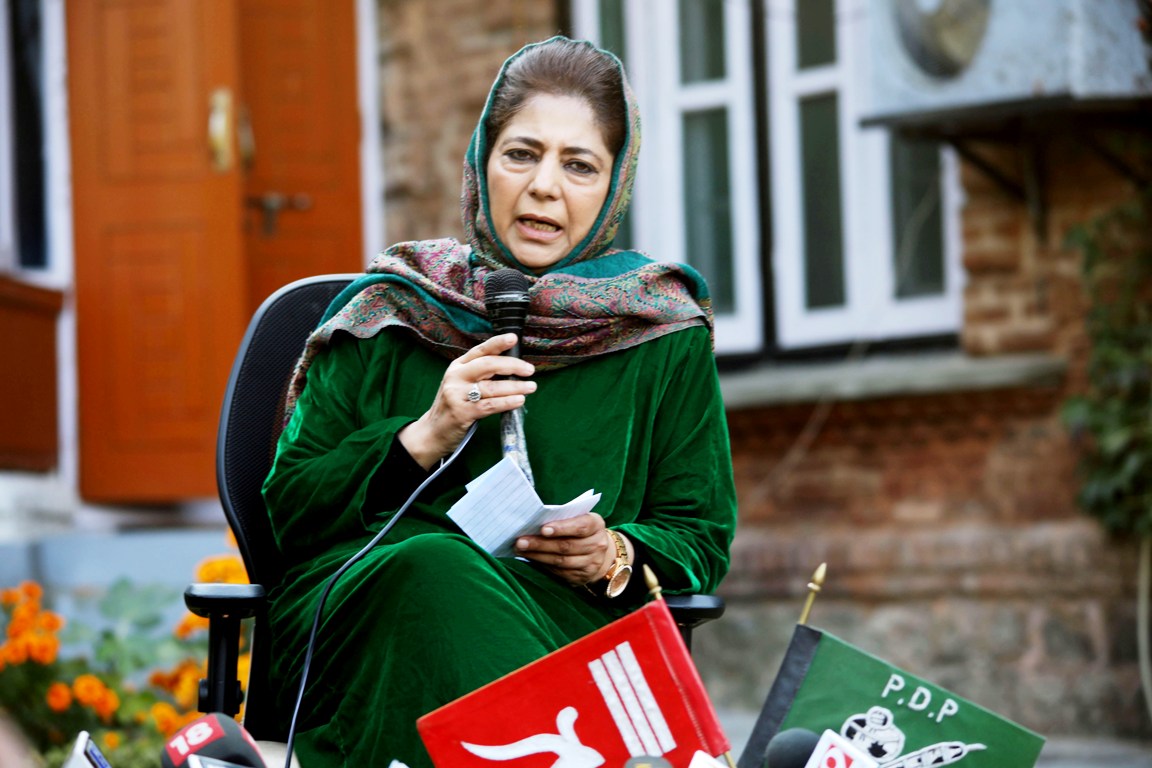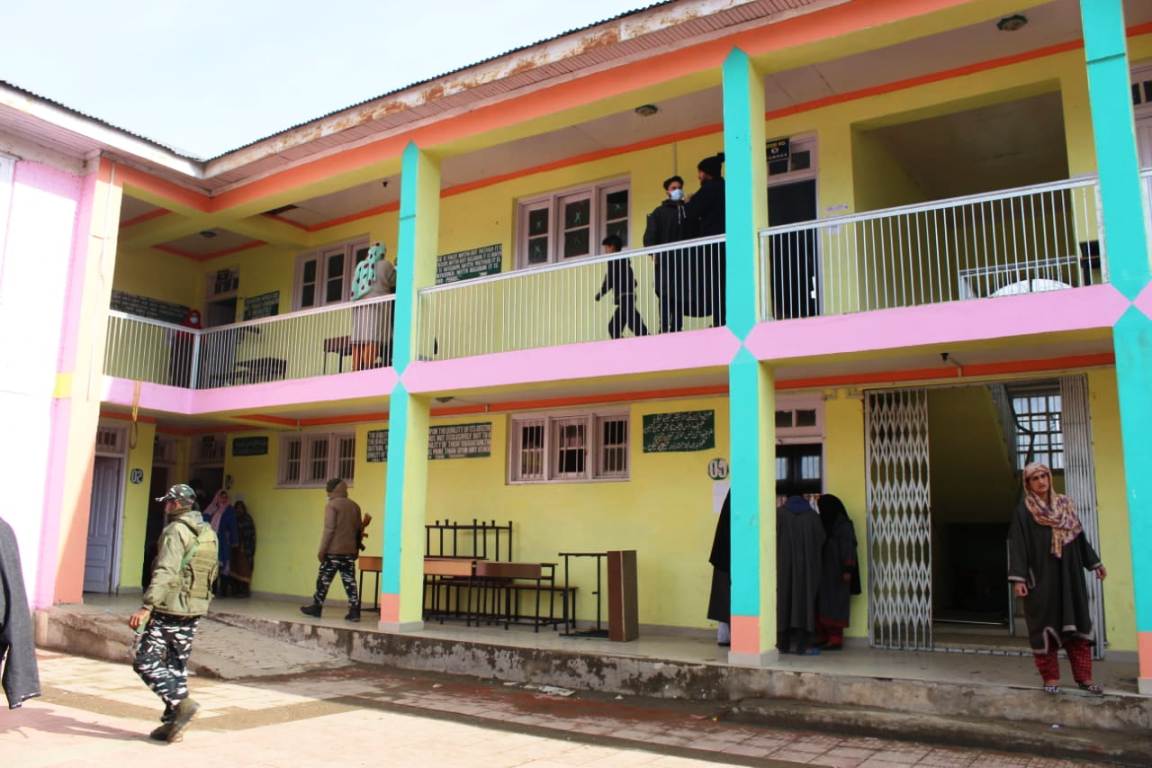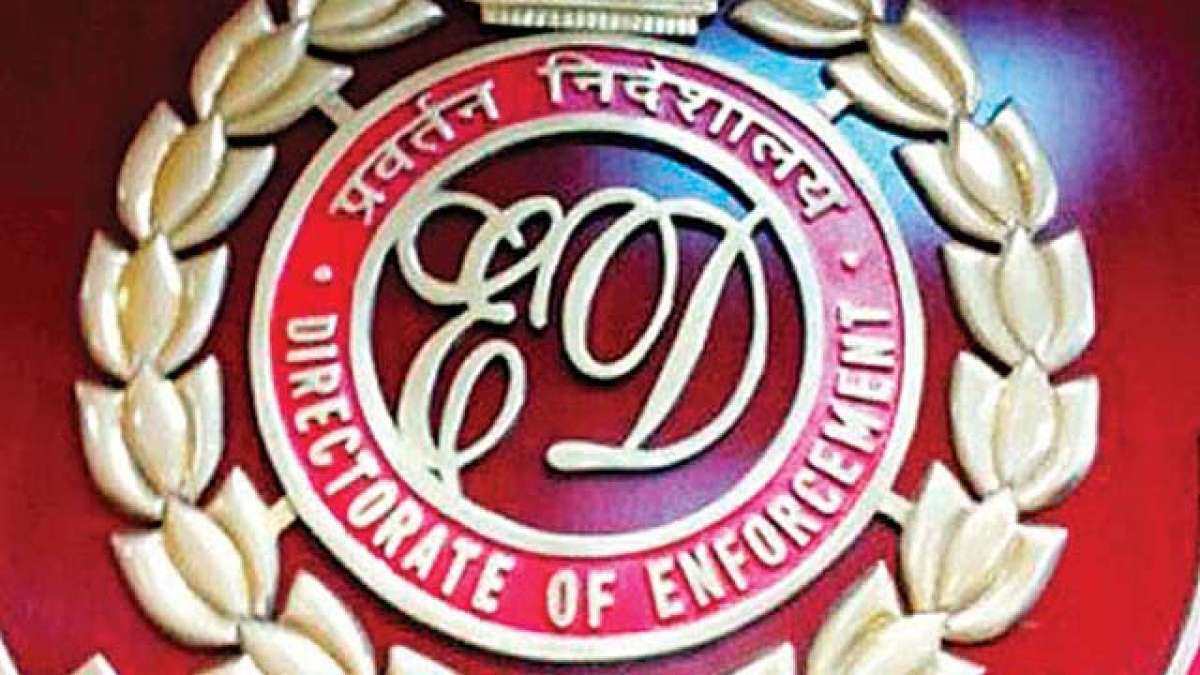The alternative model of GST was prepared in consultation with the prominent lawyer of Supreme Court, considered to be a taxation expert. The matter was further thoroughly discussed in a committee constituted by the State Government, which included the State Advocate General, Commissioner Secretary Finance, Secretary Law department and Commissioner Commercial Taxes, J&K. After the committee gave its nod, the matter was referred to State Cabinet which approved it after a Cabinet-Sub-Committee studied it in depth. This alternative mechanism was then shared with the Empowered Committee of the State Finance Ministers of India of which I was then a member. The Empowered Committee deliberated upon this model in its meeting held at Bhubaneshwar (Orissa) on 28th & 29th of January 2013. After a thorough discussion on the subject, the then chairman of Empowered Committee asked Govt. of India, whose very senior officers were present in the meeting, to look into it and ensure that the special constitutional position of the State was not diluted. The relevant part of the minutes of the said meeting is reproduced as under:
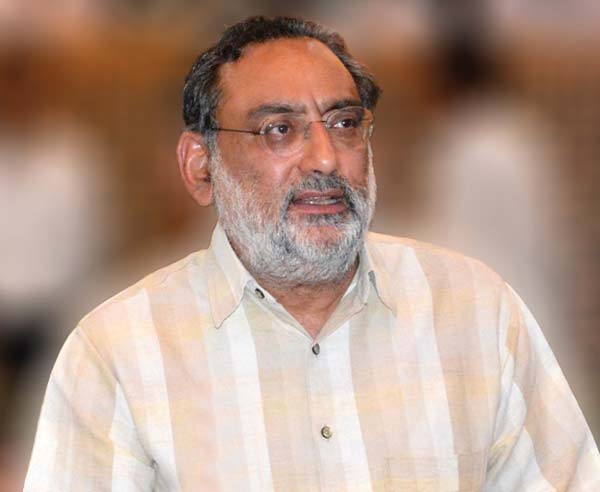
“The Hon’ble Finance Minister, Jammu & Kashmir stated that adequate safeguards need to be incorporated in the proposed Constitutional Amendment Bill keeping in view the special constitutional status given to the State. He further mentioned that the matter has been considered by the State Cabinet and it has been decided that after the coming into force of the Goods and Services Tax regime in the country, the State Legislature will consider the enactment of a legislation on the subject in which the state would make provisions in tune with the GST regime, applicable to all the other States. The components of GST would be levied by the State itself under the proposed legislation, which would be analogous to the statutory framework, proposed by the Union of India for all the other States. The State would lay down a mechanism for quantifying the component of CGST & IGST, which the state shall collect for and on behalf of the Union of India and pass on such component to the Union of India, of course, after the deduction of collection charges and subject to the mechanism as may be envisaged under the State Legislation. Such a mechanism will be in conformity with the special constitutional position enjoyed by this State under the Constitution of India and also ensure participation of the State in the proposed GST regime. The Chairman Empowered Committee requested the representatives of Government of India to look into the matter to ensure the special Constitutional status given to the Jammu & Kashmir is not affected.”
I made a mention of this alternative model in a recently held all parties meeting but the finance minister appears to have missed it.
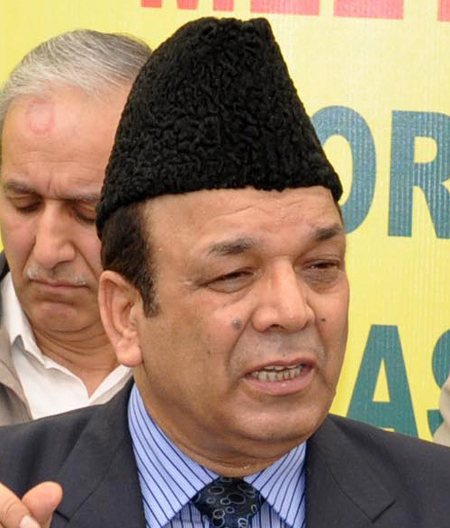
Coming to another point raised by the Finance Minister regarding my role as Member / Chairman of the Empowered Committee, the committee was requested by Govt. of India to evolve a consensus about the proposed tax reform (GST). I never said that it was bad as our present FM did. When we were asked, along with the other States, to indicate our views about it, we would always maintain that GST at the cost of our special position and fiscal autonomy would not be acceptable to us. Ten minutes after I was elected the Chairman of Empowered Committee I made it abundantly clear in my speech in presence of Union Finance Minister and other State Finance Ministers of the country that GST at the cost of our special position provided in our Constitution cannot be thought of.
The application of the constitutional amendment to J&K was not the domain of the Empowered Committee or for that matter even Govt. of India. It had to be considered by the State Government and in this regard the role of the State Government began after the said amendment was passed on 8th of September 2016. Unfortunately, the State Government has been in deep slumber since then. They have been provided a lot of time to take a call on the issue but they missed the line. Now they want to take a decision without taking all the stakeholders on board.
It would be in place to mention here that the draft Bill of the current Constitutional Amendment was prepared and introduced in Lok Sabha by the present NDA Govt. on 19th of December 2014 as the Bill prepared by the erstwhile UPA Govt. lapsed with the dissolution of the previous Lok Sabha. It remained under discussion in Parliament till August 2016 and during that period neither National Conference was represented in the Parliament nor was I Member/Chairman of the Empowered Committee.



